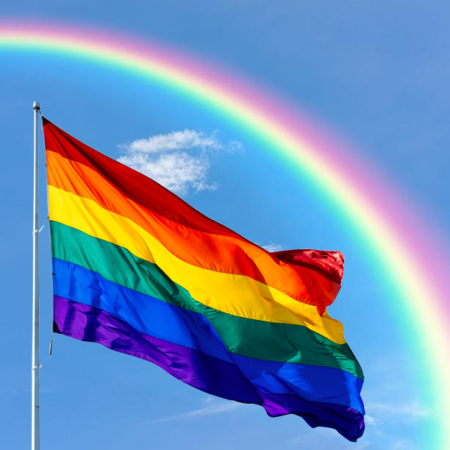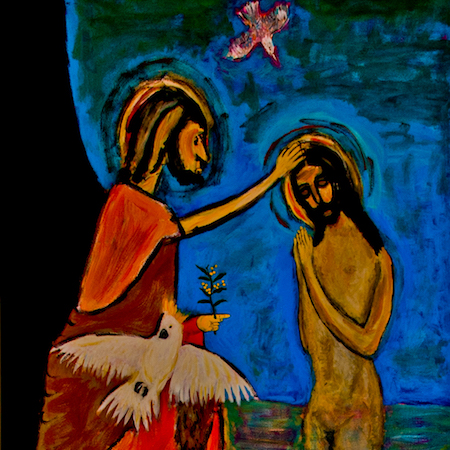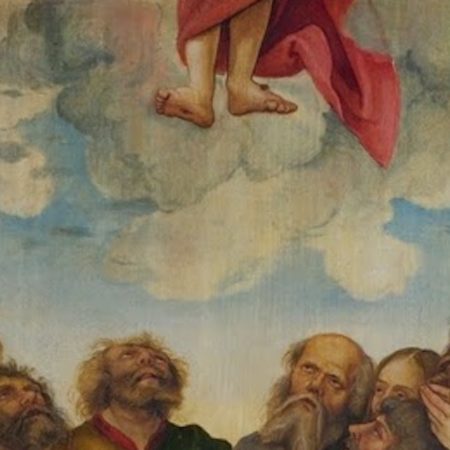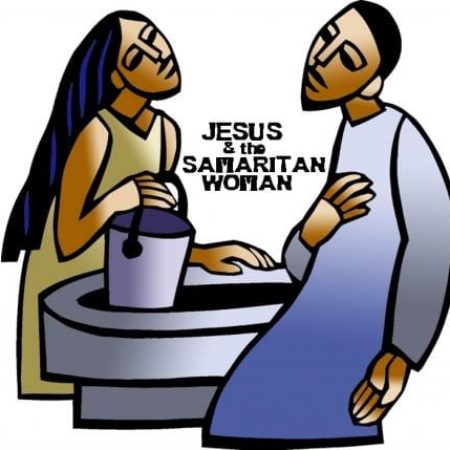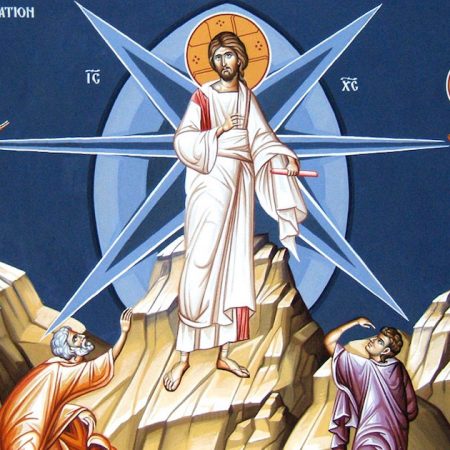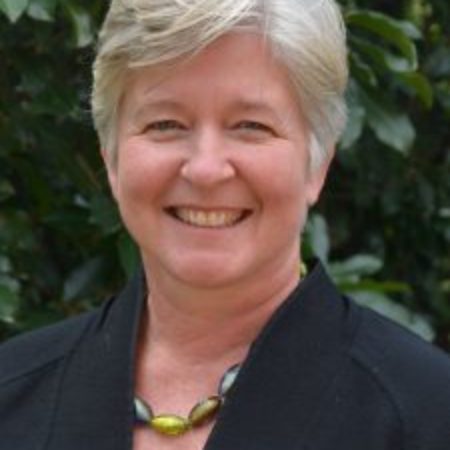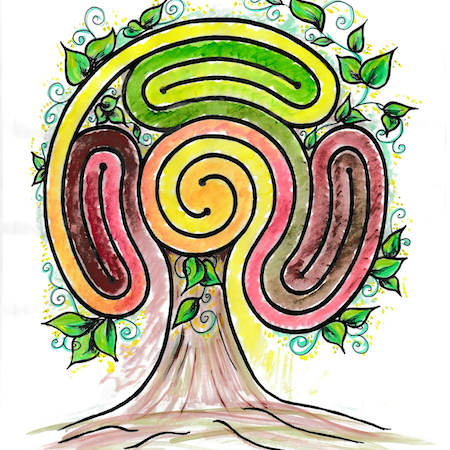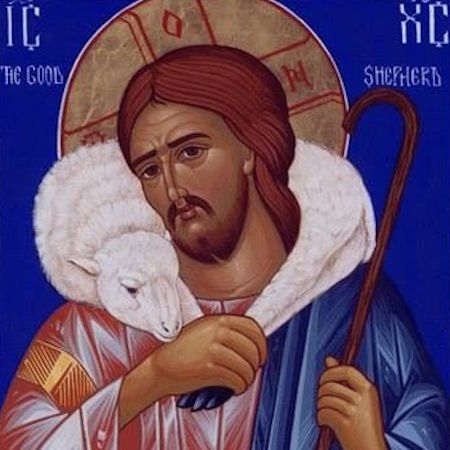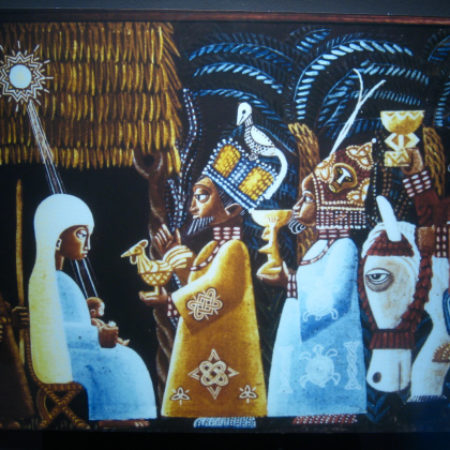Despite our almost idolatrous attachment to social structures like traditional family and monarchy, God wants us to live up to our calling to be a radically egalitarian community of prayerful shared responsibility.
Sermons on Discernment
The doctrine of the Trinity teaches us how to take sides when the Bible brings us conflicting voices, especially over persistent issues like ethno-nationalism, racism, war, and genocide.
Both contemporary and ancient understandings of the rainbow sign point to God’s expansive love overcoming our fears and hostilities.
Following Jesus in ministering among the needs around us is not a call to do everything ourselves.
As we journey with and into God, we all prepare carefully, travel persistently, seek advice, approach the sacred with humility, and discern the way forward.
Discovering who we are called to be is an ever-evolving journey as we follow Jesus in changing circumstances.
Looking for emerging patterns can help us (and Jesus?) recognise the ways that God is opening new pathways of grace and inclusion.
Jesus calls us to look to the new things God is doing and seeks to humbly cooperate with them and bear witness to them.
Like the woman at the well, we can encounter Jesus not simply as a historical worker of “signs and wonders” but as a contemporary spirit powering our actions today if only we are willing to take a leap of faith and believe in His Word.
Stunning moments of spiritual clarity can be life-changing, but the real measure of our faithfulness is in how we live for the rest of the time.
Jesus challenges us to bring our lives to where God is active, to share in building the kingdom of God.
We live in uncertain times, unsure of the future shape of the church, but Jesus sends the Holy Spirit to us, not to give us certainty, but to guide and sustain us in the uncertainty.
Living out the unity we have in Christ, is more difficult and more important when we are at odds with one another.
Much traditional morality is based on the idea of separation into binary categories, good and bad, but the Bible also points a path towards a liberating non-binary future in God.
We come to be followers of Jesus, not when we believe certain facts about him, but when we hear his voice and follow what it says (even if we don’t know where the voice comes from).
When God is doing new things, our familiar signposts are no longer helpful, and our capacity to follow is dependent on our living relationship with Jesus.
In determining our church’s way forward, we need to discern who we exist to serve, and it shouldn’t just be ourselves.
Science, theology and reason can often lead to a sound set of ethical behavioural conclusions which then need to be set aside because, in reality, love demands something else.
Although we can’t prove that our faith isn’t another crackpot fraud, we can provide evidence by living lives of love, hope and hospitality.
God has hung a star in our sky, and called us to follow it to the Christ child, who will receive the gifts that we bring and we will return changed to our homes.



